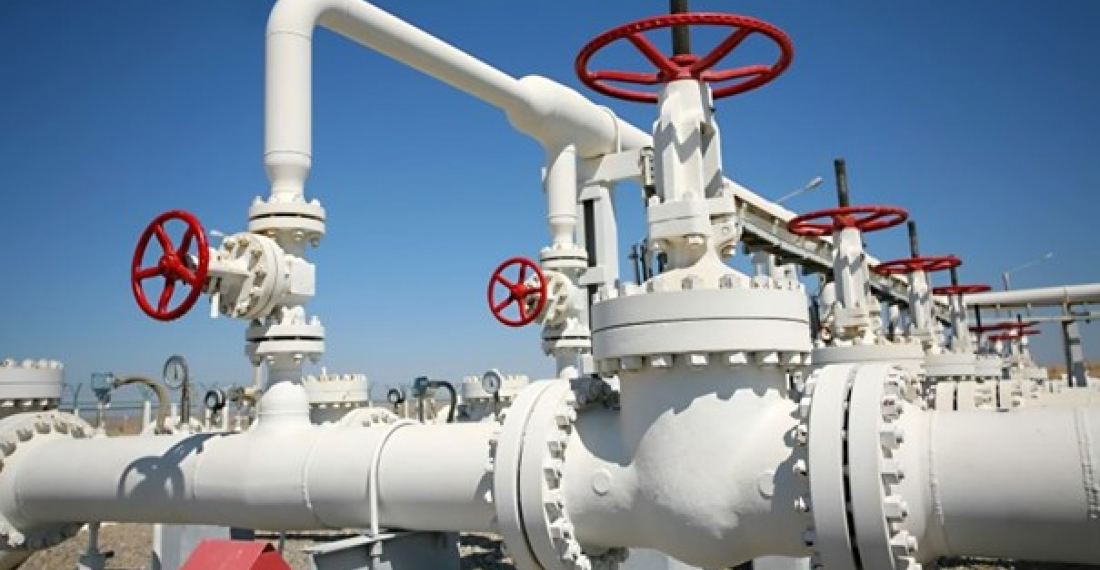The repercussions of the war in Ukraine, and European efforts to wean itself off dependency on Russian gas are an opportunity for Algeria to reposition itself on the global gas export market.
For a country that has been relying on foreign currency reserves since the price of oil collapsed in 2014, presenting itself as a reliable alternative close to Europeans appears salutary. This new geostrategic position was illustrated by the recent visits to Algiers by Italian Prime Minister Mario Draghi and US Secretary of State Anthony Blinken, with energy security being the main theme under discussion.
While Algeria's gas reserves are vast, it currently lacks the transport infrastructure to meet European needs.
Algeria - Europe's third-largest supplier of natural gas, with an 8% market share - does not currently have enough additional gas available to satisfy Europe’s urgent needs.. This lack of reserves is a result of 15 years of underinvestment by international and domestic oil companies due to difficult fiscal conditions and a habit of frequent rule changes, which do not facilitate investment. These iin turn reflect successive battles within the Algerian political elite.
However, Algiers is working to reverse this situation. While Algeria already supplies gas through pipelines to Italy, Spain and Portugal, the North African country's Ministry of Energy and Mines says it will increase its exports by 25 percent by February 2023. A report by the same ministry published in early April already indicates an increase in Algerian gas exports of 25% between February 2021 and February 2022.
The increase in oil prices as well as the recent discovery of oil reserves in the country should only accelerate investments in the hydrocarbon sector. For example, the Algerian national oil production and export company - Sonatrach - recently announced a $40 billion investment programme between 2022 and 2026.
The recent visit of European leaders to Algeria proved fruitful. During Prime Minister Mario Draghi's visit on 11 April, Italian oil company Eni signed a contract with Sonatrach to increase Algerian exports by 9 billion cubic metres in 2023-2024, on top of the current annual 21 billion cubic metres.
The prospect of new revenues boosted by oil and gas exports could allow Algiers to implement social reforms and avoid unpopular tax increases. Between 2020 and 2021, the 15 billion revenues generated by the increase in gas and oil exports have allowed the government to appease the Algerian youth by introducing a new unemployment benefit of 90 dollars per month.
This type of compromise between an authoritarian regime and a disillusioned population was common practice until fuel prices plummeted in 2014.
Since then, a wave of protests against corruption, deteriorating living conditions and the authoritarian regime have swept away former head of state Abdelaziz Bouteflka in 2019. The current government led by Abdelmadjid Tebboune has launched several reforms to encourage investment in the private sector, most notably in agriculture, but needs more foreign investment to achieve the structural reforms critical for the country’s future.
Sources: CommonSpace.eu with RFI (Paris), the Financial Times (London) and other media outlets
Picture: Part of Algerian gas production infrastructure; Twitter: @EURACTIVItalia







